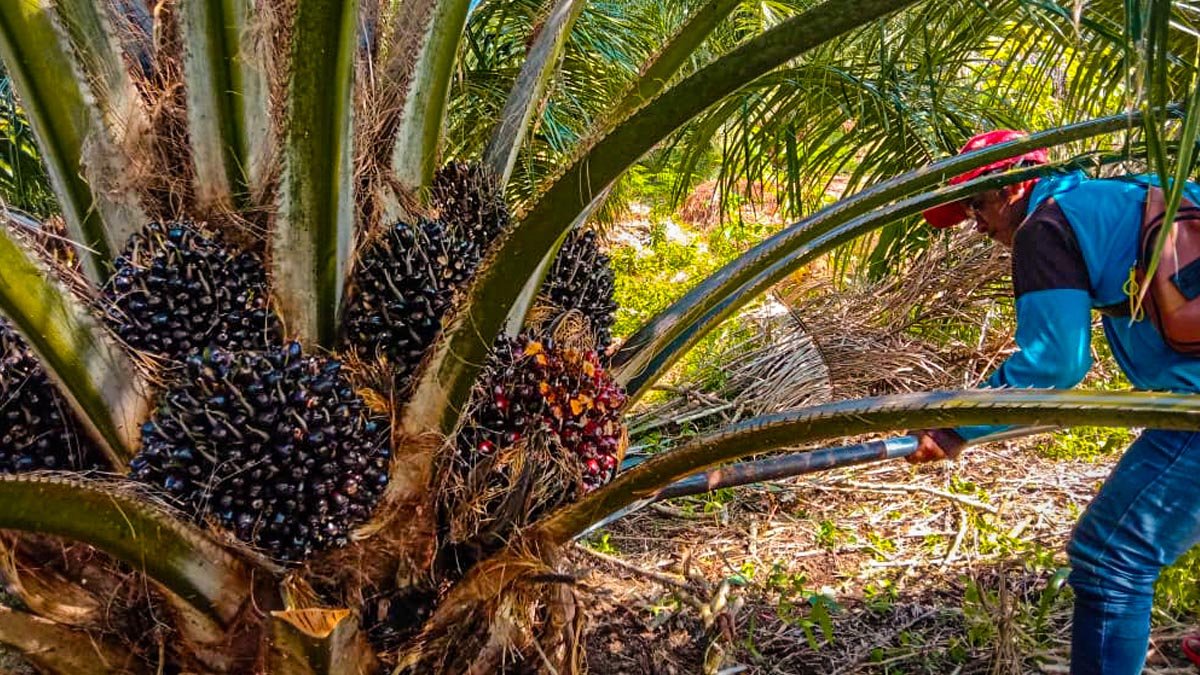PALMOILMAGAZINE, JAKARTA – Indonesia has introduced several regulations to support and promote sustainable palm oil practices. Key legal frameworks governing sustainability in the palm oil sector include; Presidential Instruction No. 6/2019 on the National Action Plan for Sustainable Palm Oil (RAN-KSB), Presidential Regulation No. 44/2020 on the Certification of Indonesian Sustainable Palm Oil Plantations, and Regulation of the Minister of Agriculture No. 38/2020 on the Implementation of Indonesian Sustainable Palm Oil Plantations
Additionally, the certification policy for sustainable palm oil is governed by Law No. 20/2014 on Standardization and Conformity Assessment, which serves as the main reference for certification processes and related programs. To date, this program’s indicators have been implemented across 11 regencies.
“One critical element of the policy is the cultivation document, which verifies key aspects like legal compliance. This document serves as proof of legal palm oil cultivation,” said Herdrajat Natawijaya, a representative of the Indonesian Sustainable Palm Oil (ISPO) Commission at an event in Jakarta that Palmoilmagazine.com attended.
Also Read: RSPO Collaborates with Independent Smallholders in Riau to Promote Sustainable Palm Oil
In association with deforestation, having cultivation documents would confirm that (palm oil) cultivation has nothing to do with deforestation because the plantations are out of forest areas. The last is about to confirm geo-location. Cultivation documents should put coordinates and polygon that show where the plantations are.
“It means, cultivation documents adjusted with European Union Deforestation Regulation (EUDR). The smallholders that got cultivation documents can trade their palm oil products to the exporters to be sold in European,” he said.
The policy and regulation showed the commitment of Indonesia to support sustainable palm oil practices and confirmed that palm oil products were qualified international scale – standards. (P2)
